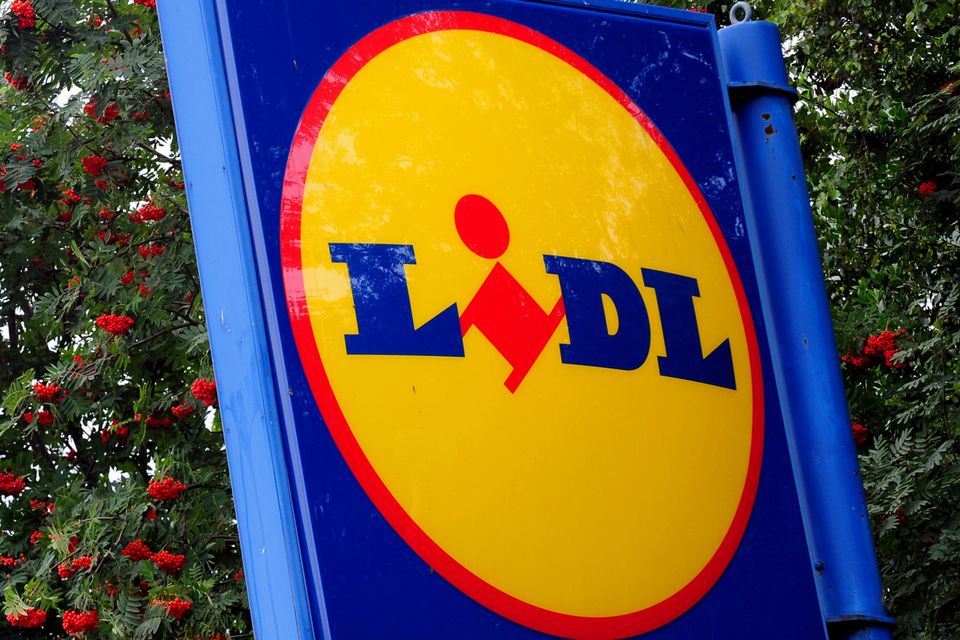Inflation adds £133 to average household shopping bill as supermarket sales soar
Lidl has pipped Aldi to the title of the UK's fastest growing supermarket for the first time since March
Inflation has added the equivalent of seven extra shops to the average household's annual grocery bill as supermarkets saw their highest sales growth in five years, figures show.
Supermarket sales growth accelerated to 5% over the three months to June 18 - the strongest increase since March 2012 and a stark contrast to the 0.2% decline seen this time last year - despite the ongoing political and economic uncertainty, Kantar Worldpanel grocery market share data reveals.
The robust growth was "partly" helped by grocery inflation increasing to 3.2%, adding £133 to the average household shopping bill.
Butter is almost 20% more expensive than last year while farmed salmon supply issues contributed to a 14% price rise across fresh and tinned fish.
However recent spates of hot weather saw sales of ice cream and cider increase by 12% and 16% respectively, even ahead of the recent heatwave.
Fraser McKevitt, head of retail and consumer insight at Kantar Worldpanel, said: "The market's robust performance this period is partly down to particularly weak sales growth last year and a continuing increase in like-for-like grocery inflation, which is now running at 3.2%.
"At this rate, that's an extra £133 on the average household's annual shopping bill, or the equivalent of seven additional shopping trips a year."
Tesco enjoyed its fastest sales increase since April 2012 at 3.5%, attracting an extra 369,000 shoppers, although its market share is down 0.4 percentage points since June last year to 27.8%.
Morrisons achieved the strongest sales of the big four grocers, up 3.7% despite its market share slipping back by 0.2 percentage points to 10.6%, while Sainsbury's inccreased sales by 3.1% and Asda continued its recent recovery with sales up 2.2%.
Lidl pipped Aldi to the title of the UK's fastest growing supermarket for the first time since March, with sales growth of 18.8% just ahead of its rival's 18.7%.
Both retailers continue to gain market share, holding 5% and 6.9% respectively.
The Co-op's full two years of continuous growth saw sales up 2.2%, Iceland has now posted 15 periods of increasing sales and Waitrose had its best sales growth since March 2012, marginally ahead of the market at 5.3%, although its share has remained flat at 5.2%.
Meanwhile, figures from rival analysts Nielsen show shoppers spent 4% more on groceries over the four weeks to June 17 than the same period a year ago.
Tesco had the biggest increase among the big four, at 4.2%, while Iceland's 9% rise was the biggest of anyone outside the discounters.
Rising temperatures saw sales of soft drinks rise 9.1%, alcohol up 6.8% and ice creams soaring 24%, while g in saw a 35% increase, partly due to Father's Day.
Mike Watkins, Nielsen's UK head of retailer and business insight, said: "The early summer weather gave supermarkets a much-needed shot in the arm.
"All in all it's refreshing to have some good news around retailing. Looking ahead, a continuation in both the warm and dry weather and creeping inflation means growth should be maintained at around 3% for at least the next few weeks."
Join the Belfast Telegraph WhatsApp channel
Stay up to date with some of Northern Ireland's biggest stories

